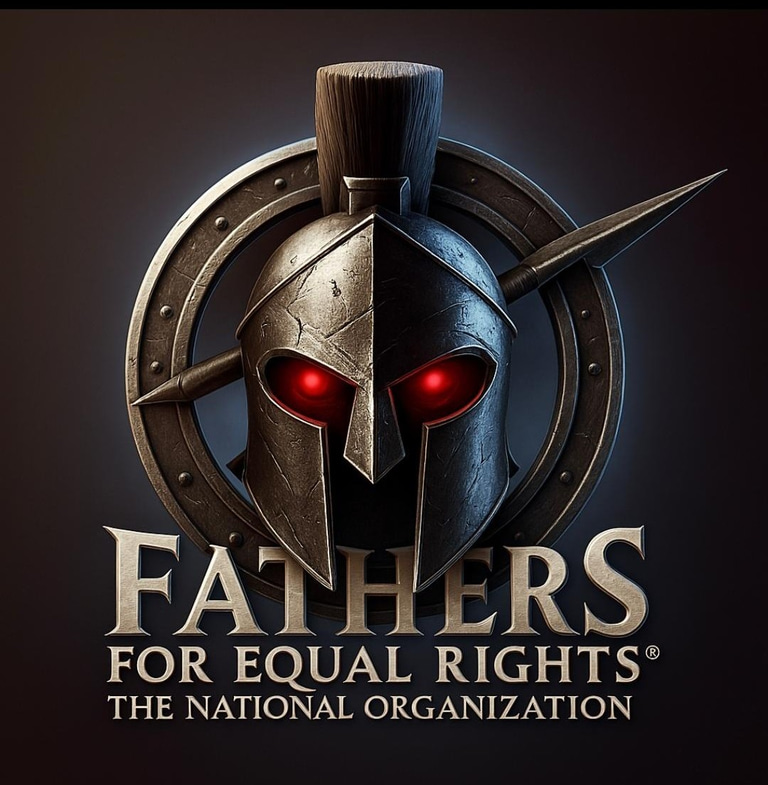Case Laws
Use it or lose it .... Express your rights or you lose them
Louis Lliteras II
10/21/20244 min read


MEMORANDUM OF LAW IN SUPPORT THEREOF
Santosky v. Kramer, 455 U.S. 745 (1982) the U.S. Supreme Court ruled that the “clear and convincing evidence” standard must be used in parental rights termination proceedings, rather than a lower “preponderance of the evidence” standard. The Court emphasized that a higher standard protects parents’ fundamental rights to raise their children, ensuring due process before the government can sever parental ties.
Troxel v. Granville, 530 U.S. 57 (2000) the U.S. Supreme Court ruled that a Washington law allowing third parties to petition for child visitation over parental objections was unconstitutional. The Court held that the law infringed on parents' fundamental right to make decisions concerning the care, custody, and control of their children, affirming that parental rights are protected under the Due Process Clause of the Fourteenth Amendment.
Stanley v. Illinois
(1972) Affirmed the fundamental rights of parents to care for, manage, and have custody of their children
Washington v. Glucksberg
(1997) Established that the Constitution protects the right of parents to direct the upbringing, care, and education of their children
Parham v. J.R. (1979) – It affirmed the principle that parents are presumed to act in the best interests of their children unless proven otherwise.
Quilloin v. Walcott (1978) – This case highlighted that a child's best interests are paramount in custody decisions, particularly when weighing the interests of biological parents against other caregivers.
In Stanley v. Illinois (1972), the U.S. Supreme Court ruled that unmarried fathers are entitled to due process before being deprived of custody of their children. The case involved Peter Stanley, an unwed father whose children were declared wards of the state after their mother’s death. Illinois law automatically denied custody to unwed fathers without a hearing. The Court held that this violated Stanley’s constitutional rights, emphasizing that both parents—married or unmarried—are entitled to a hearing to determine their fitness before being separated from their children. This case significantly expanded the parental rights of unwed fathers under the Due Process and Equal Protection Clauses of the Fourteenth Amendment.
In Quilloin v. Walcott (1978), the U.S. Supreme Court upheld the adoption of a child by a stepfather over the biological father’s objection, emphasizing the "best interests of the child" standard. The biological father, who had never married the child's mother or sought custody, contested the adoption. The Court ruled that the father's due process rights were not violated since he had not previously established a substantial relationship with the child. It determined that the child's stability and well-being outweighed the biological father’s late attempt to block the adoption. This case reinforced the principle that parental rights are not absolute and must align with the child’s best interests.
In Caban v. Mohammed (1979), the U.S. Supreme Court ruled that a New York law allowing unwed mothers—but not unwed fathers—to block the adoption of their children was unconstitutional. The case involved an unwed father, Manuel Caban, who had formed a significant relationship with his children and opposed their adoption by the mother’s new husband. The Court held that the law violated the Equal Protection Clause of the Fourteenth Amendment by treating mothers and fathers differently without sufficient justification. This decision recognized that fathers who have meaningful relationships with their children should have equal parental rights.
In Lehr v. Robertson (1983), the U.S. Supreme Court ruled that an unwed biological father’s due process rights were not violated when his child was adopted without his consent because he had not established a significant legal or personal relationship with the child. The Court found that mere biological connection does not automatically grant parental rights; rather, fathers must take active steps to develop a relationship with their child. The decision reaffirmed the principle that parental rights are protected only when the parent demonstrates involvement and responsibility toward the child.
In Michael H. v. Gerald D. (1989), the U.S. Supreme Court addressed the issue of parental rights concerning a biological father and the presumption of legitimacy for children born to married couples. The case involved Michael H., who claimed parental rights over a child born to his former girlfriend, Gerald D., who was married to another man. The Court ruled that the state’s interest in upholding the marital family unit outweighed the biological father's claims, emphasizing the strong presumption of legitimacy granted to children born during a marriage. The decision reinforced the importance of established family structures in custody matters, ultimately concluding that Michael H. did not have standing to assert parental rights. The ruling highlighted the complexities surrounding parental rights and the legal recognition of familial relationships.
In Haines v. Kerner, 404 U.S. 519 (1972), The central issue was whether the lower court erred in dismissing the complaint without giving the petitioner an opportunity to present evidence.
The Supreme Court held that the dismissal was improper, emphasizing that pro se complaints should be held to less stringent standards than those drafted by attorneys.
In Blessing v. Freestone, 520 U.S. 329 (1997), the Supreme Court addressed the issue of whether parents could sue under the Child Abuse Prevention and Treatment Act (CAPTA) for failing to provide adequate services to families involved in child welfare cases. The case involved a mother, Julie Blessing, who claimed that the state had a statutory duty to provide certain services to her family, which were not delivered, resulting in harm.
The Court ultimately held that parents do not have a private right of action under CAPTA to sue for damages related to the lack of services provided by state agencies. "it was not intended to benefit individual children and custodial parents, but is simply a yardstick for the Secretary to measure the systemwide performance of a State's Title IV-D program, allowing her to increase the frequency of audits and reduce the State's federal grant upon a finding of substantial noncompliance."
Unwed fathers' right to a hearing
The Supreme Court ruled that unwed fathers are entitled to a hearing on their parental fitness before their children can be placed with the state.
Florida's new paternity law
This law, which went into effect on July 1, 2023, recognizes the rights of unwed fathers and designates both the mother and father as natural guardians of their child.
There will always be more you just need to know where to look.
